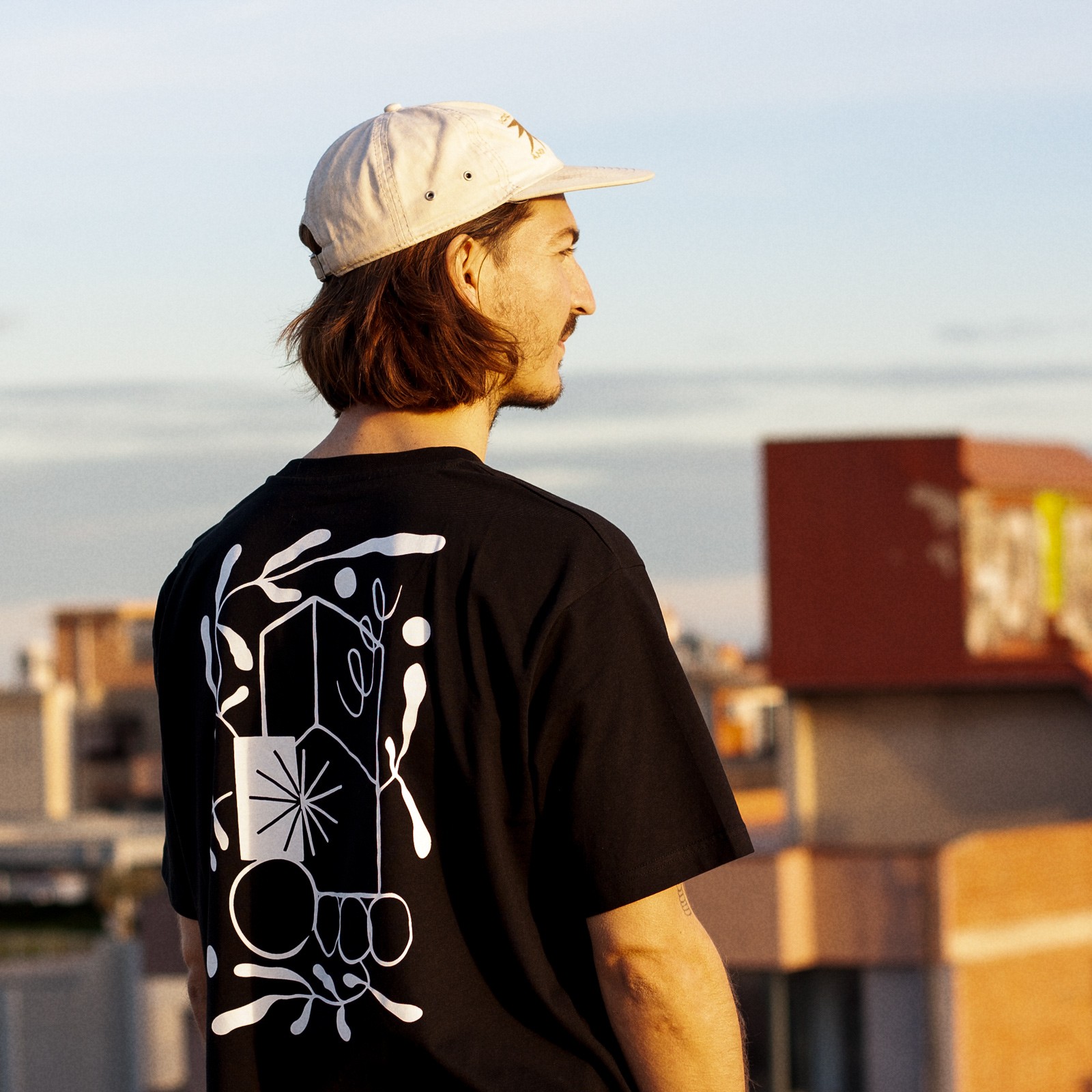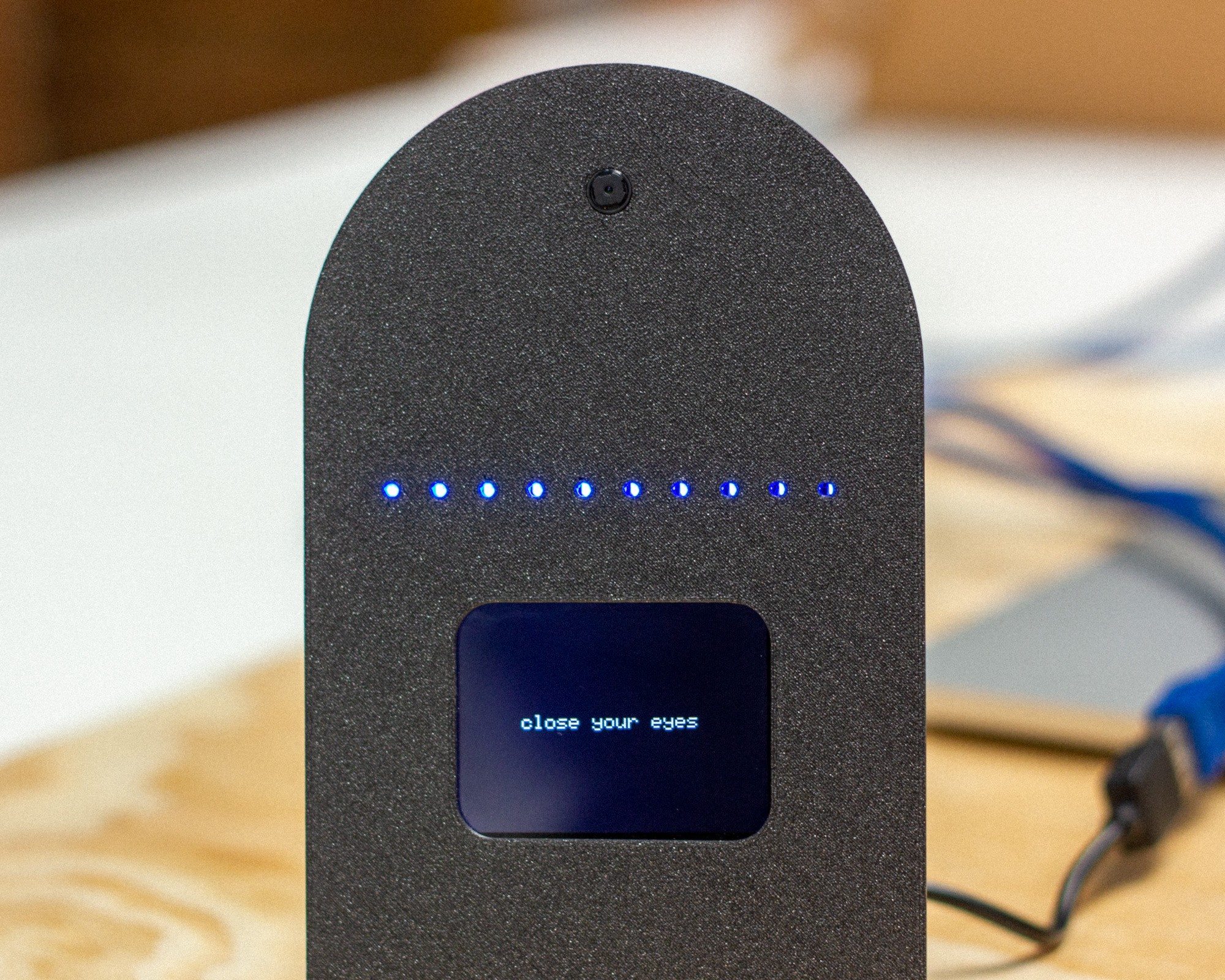
Journal


Tempeh course

kick-start 2023

Domingo Club's Telegram channel

Pop-Machina

Idea Fest 2022

Our fermenter necklace at the G20 summit for the Global Food Security Forum!

Bali Tempe

Indonesia

Tools for a Warming Planet at Dutch Design Week

Fab Island Challenge

Panel session for MDDI kick-off

Maker Faire Roma 2022
Hackaday Prize 2022

Tempe Movement came to visit us!

Terra i Gust

Open Food Factory

Bali Fab Fest

From ISEA to ARS Electronica

Summer Break

July 2022

Maker Faire Barcelona 2022

Intermediate phase

La irrupció

Calm Technology

Mold Magazine
This is Distributed Design documentary

"Team up with micro-organisms and let them do their job"

Festivalet 2021

Movimiento y Tempeh #1

All Ferments #2

Black tee-shirts

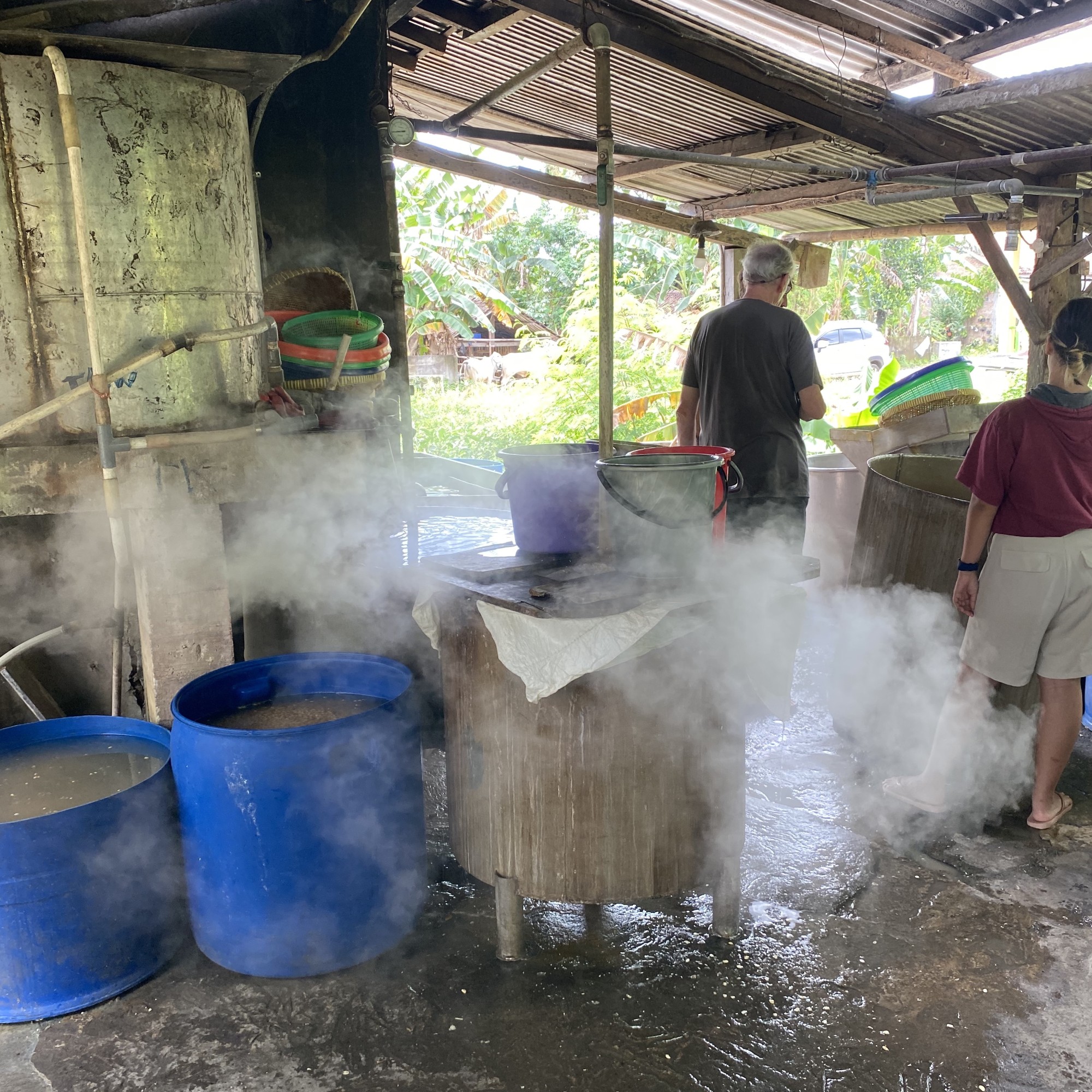
Tempeh course
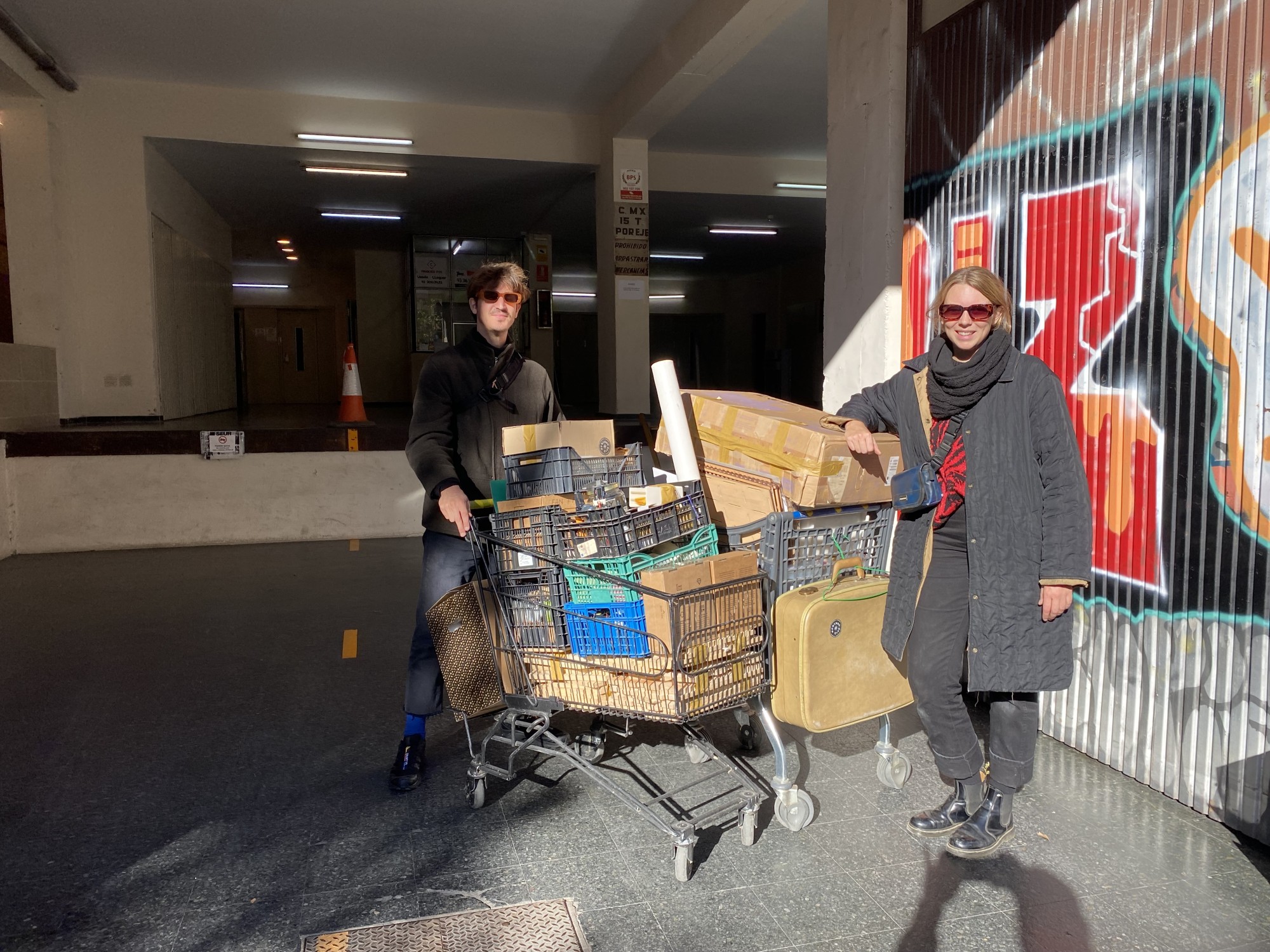
kick-start 2023

Domingo Club's Telegram channel
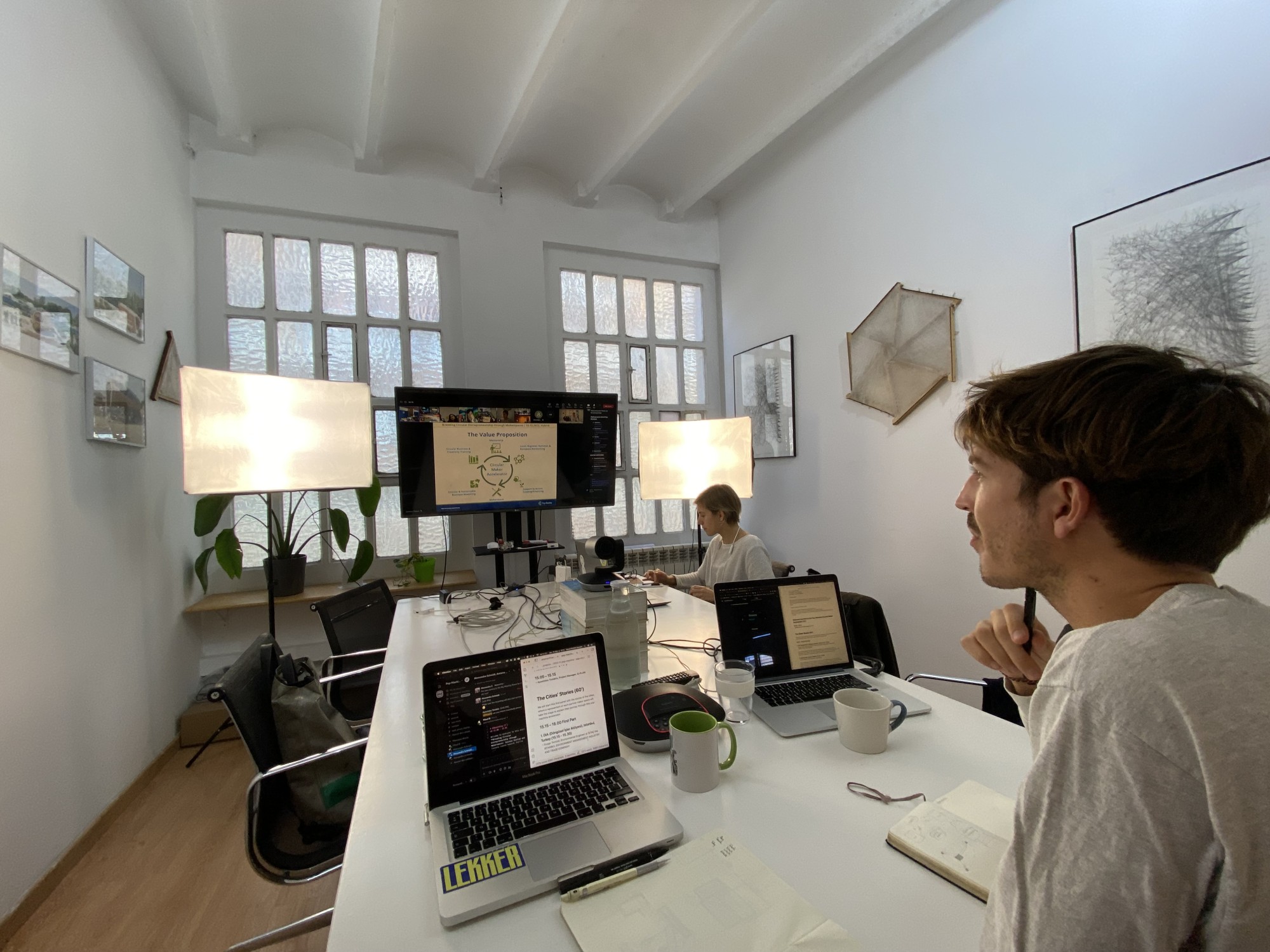
Pop-Machina
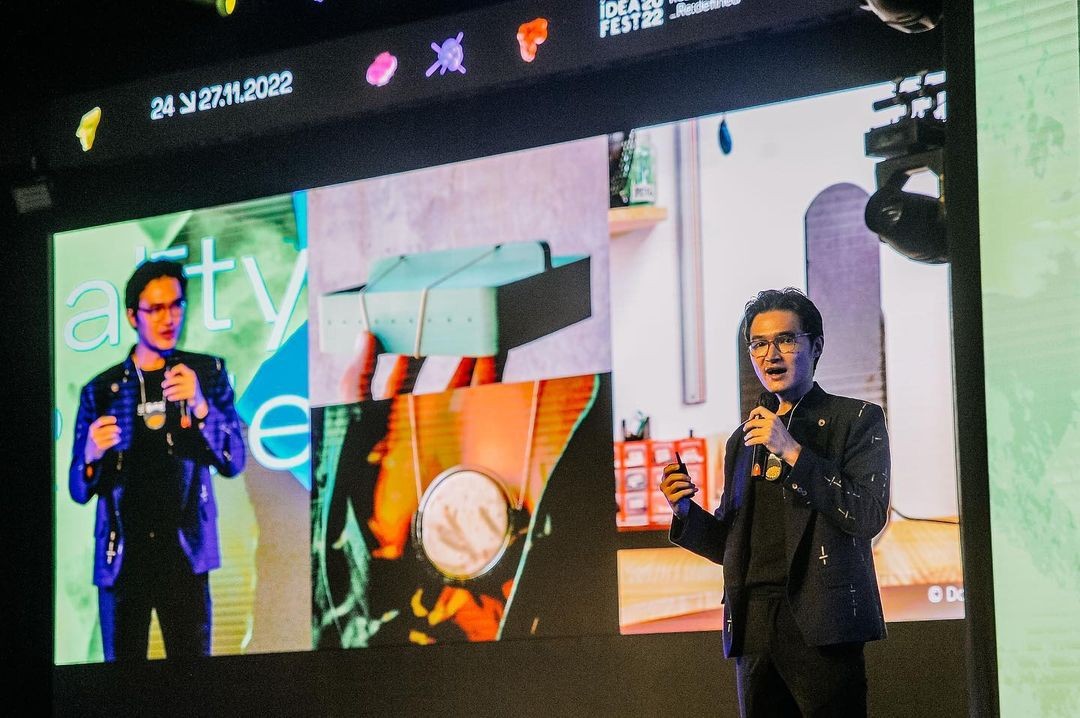
Idea Fest 2022
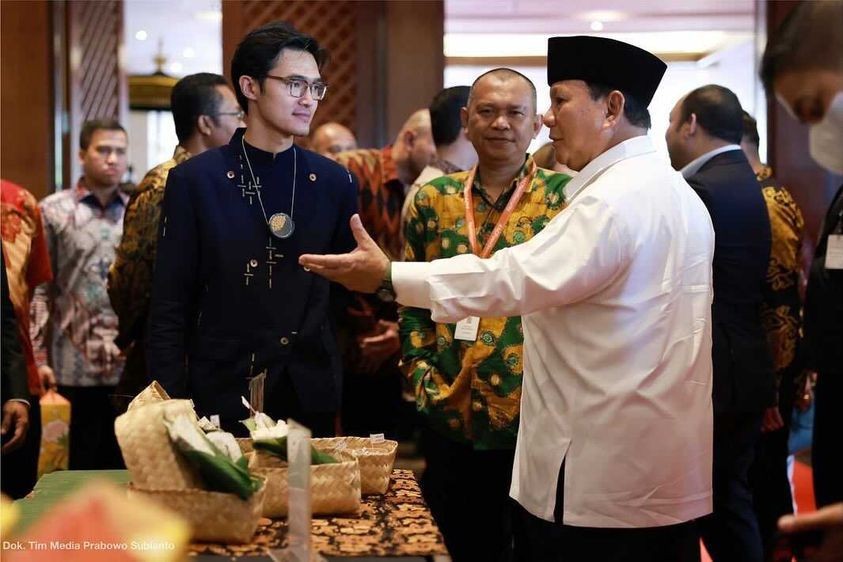
Our fermenter necklace at the G20 summit for the Global Food Security Forum!
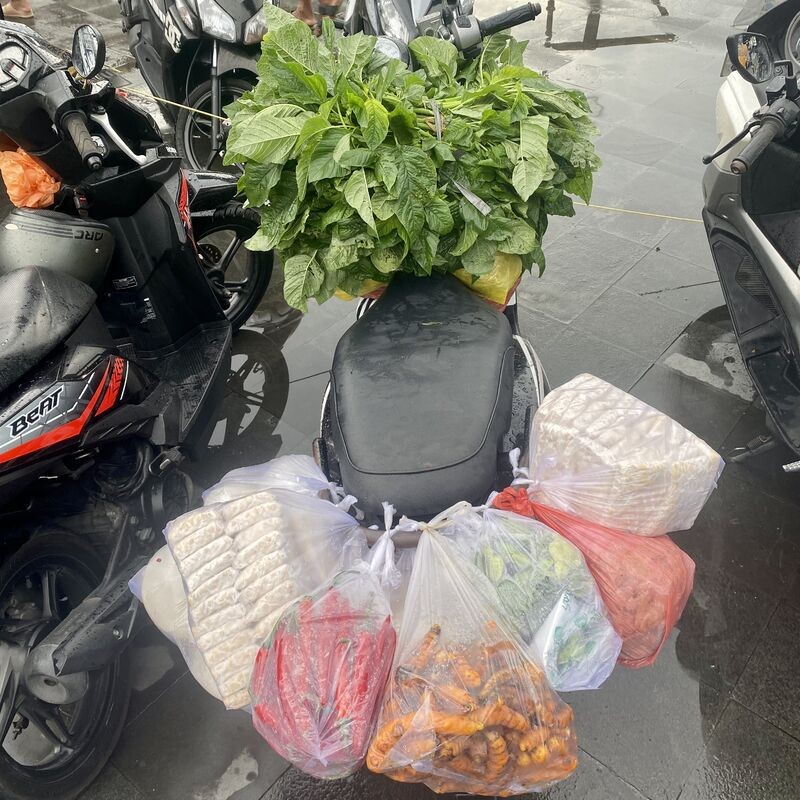
Bali Tempe
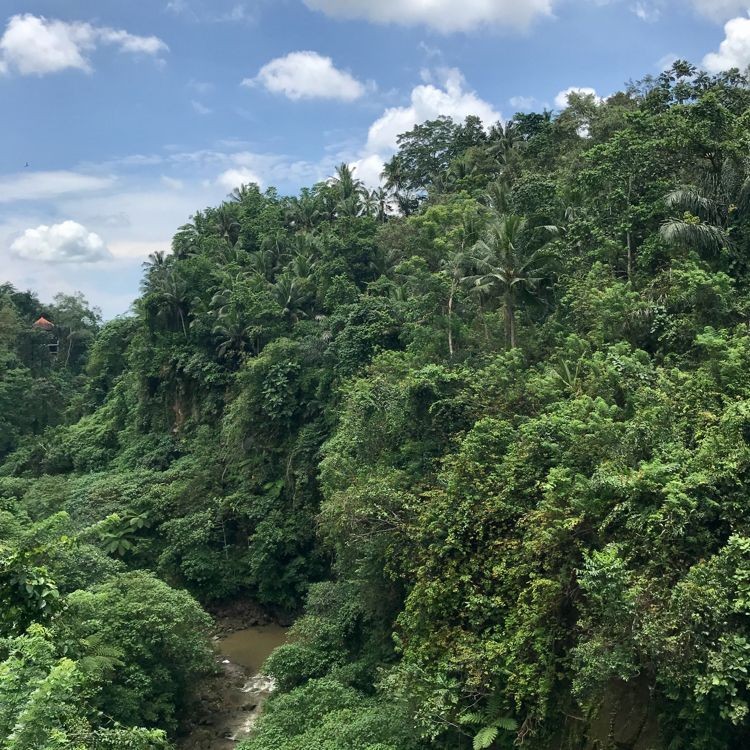
Indonesia
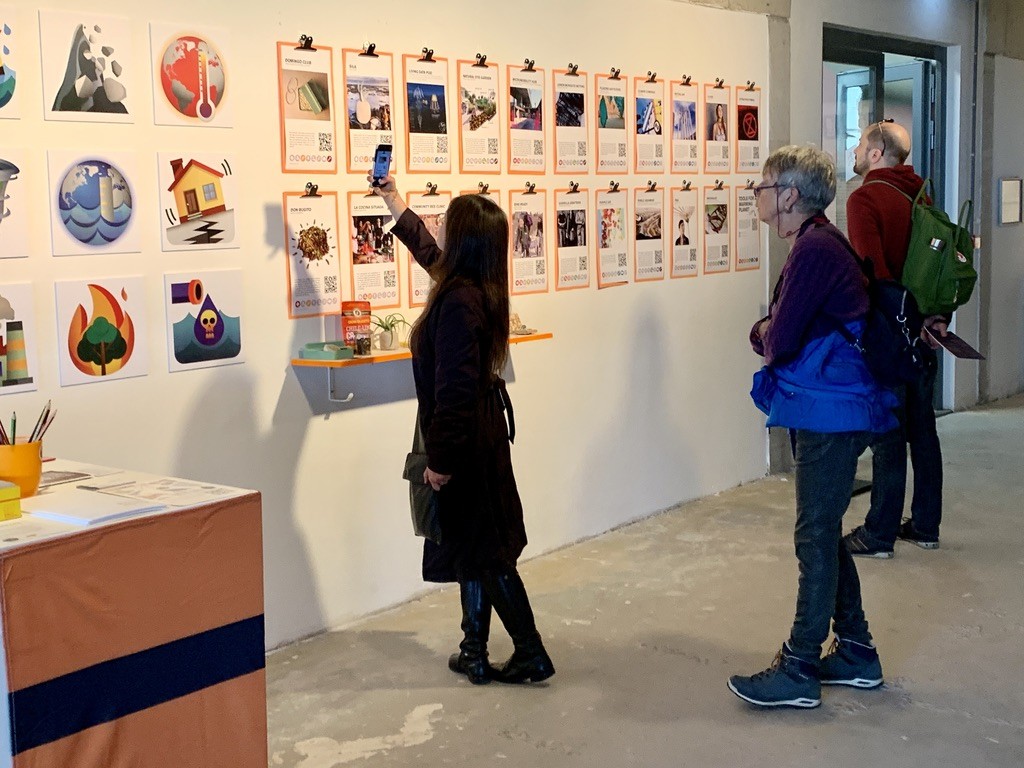
Tools for a Warming Planet at Dutch Design Week
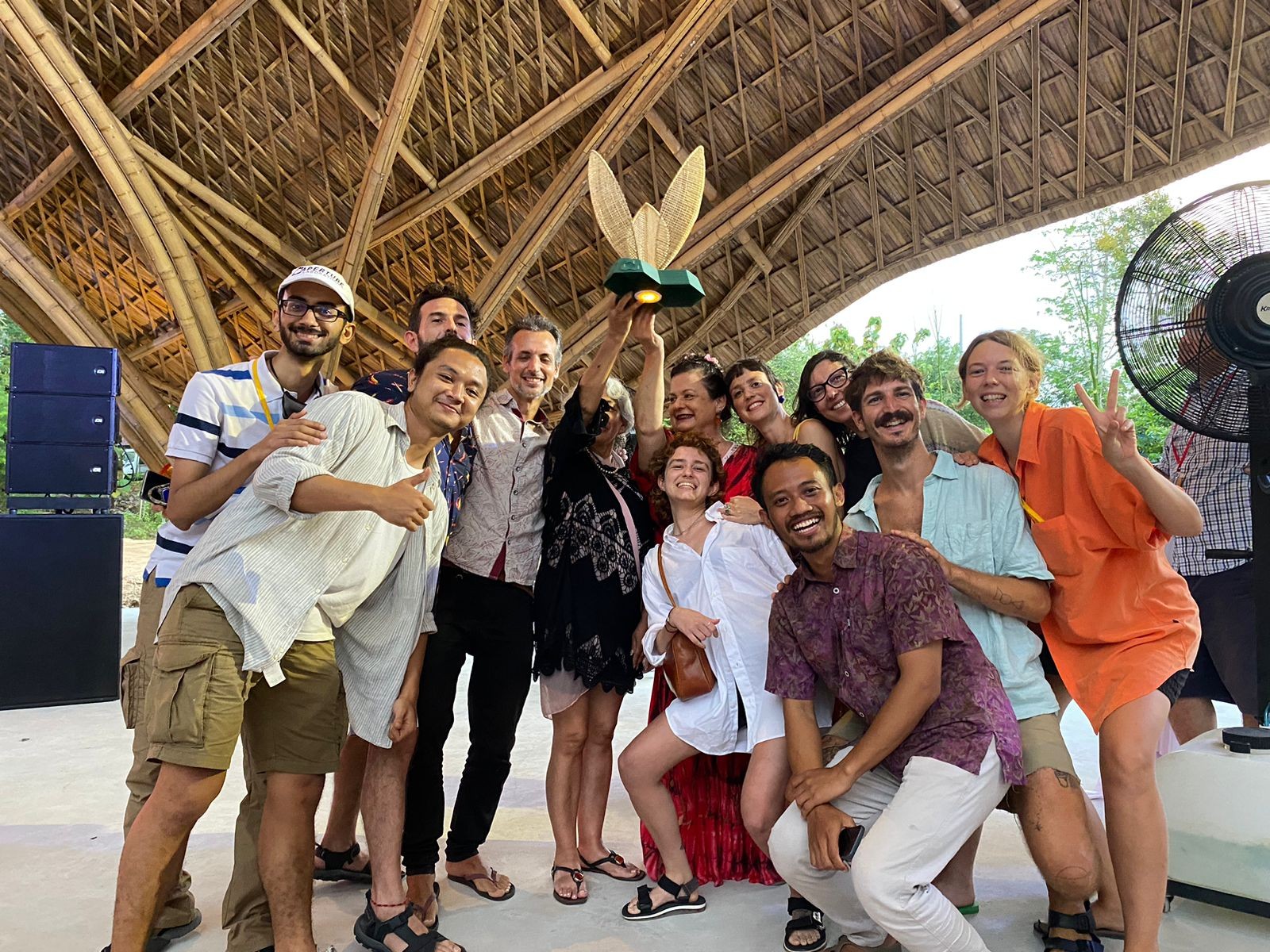
Fab Island Challenge
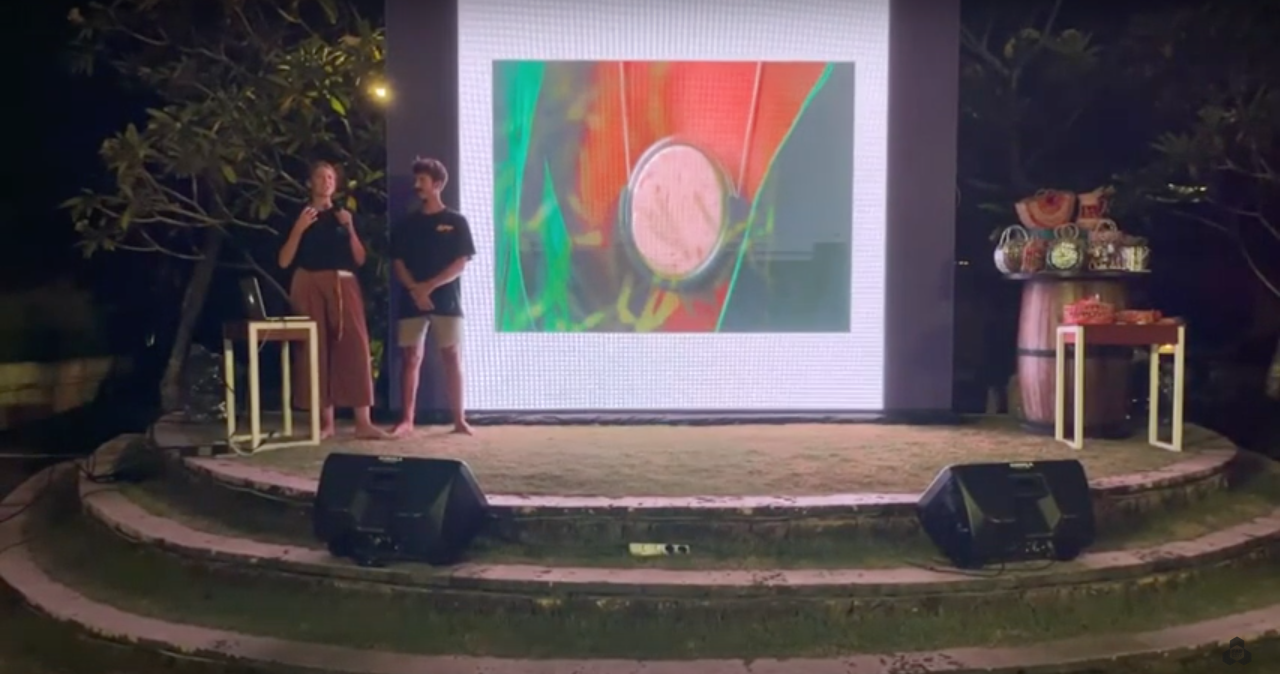
Panel session for MDDI kick-off
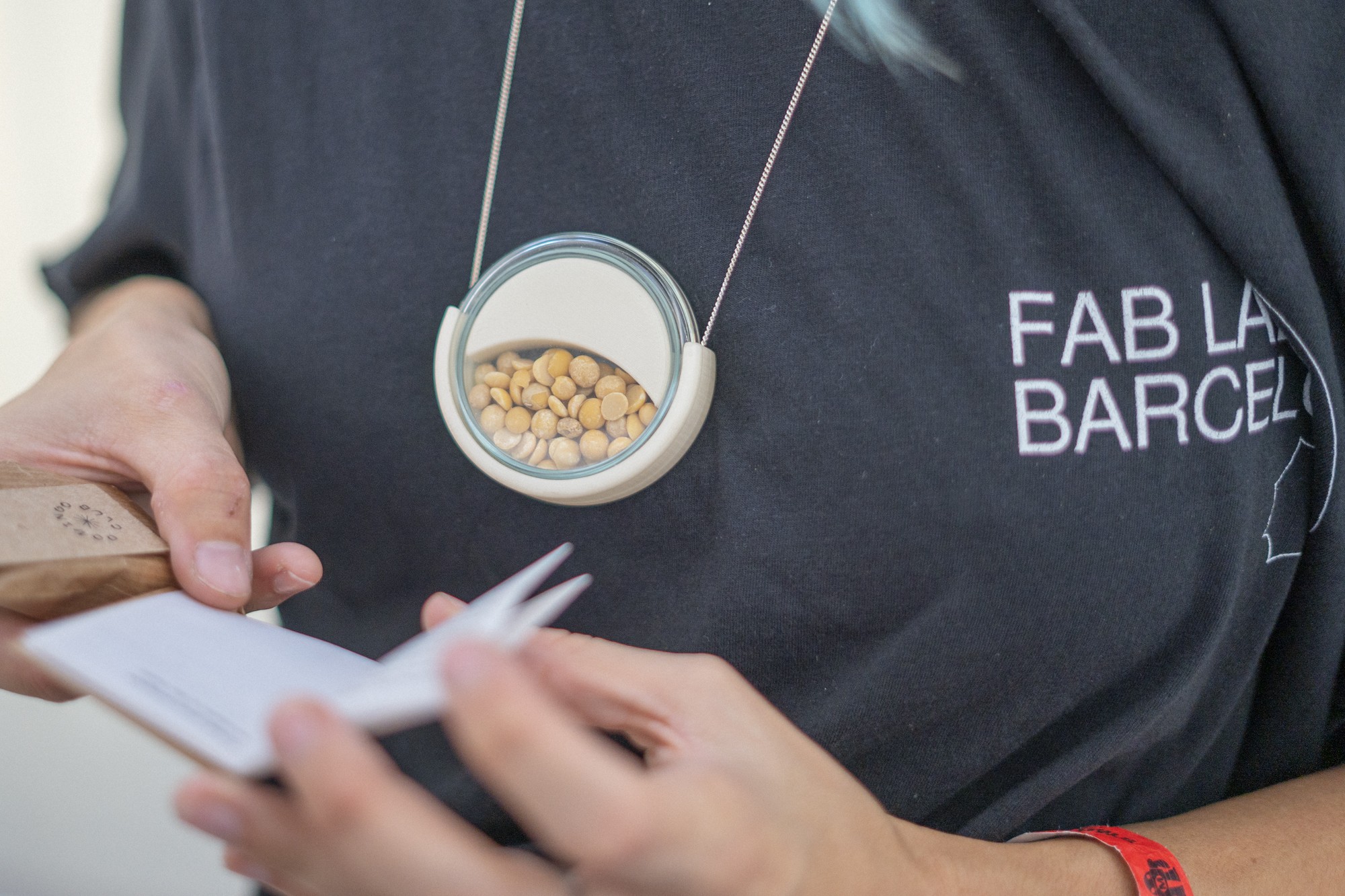
Maker Faire Roma 2022
Hackaday Prize 2022
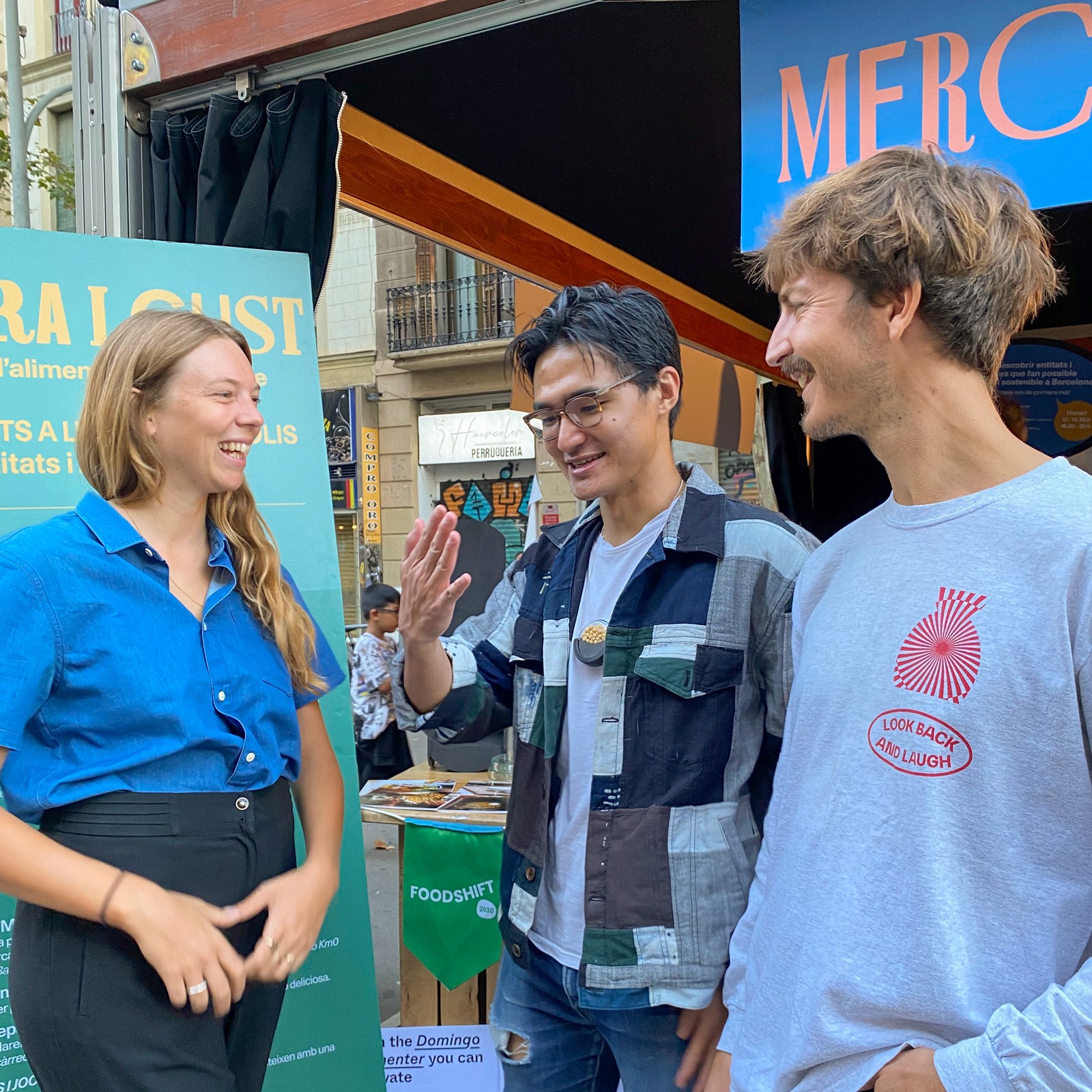
Tempe Movement came to visit us!
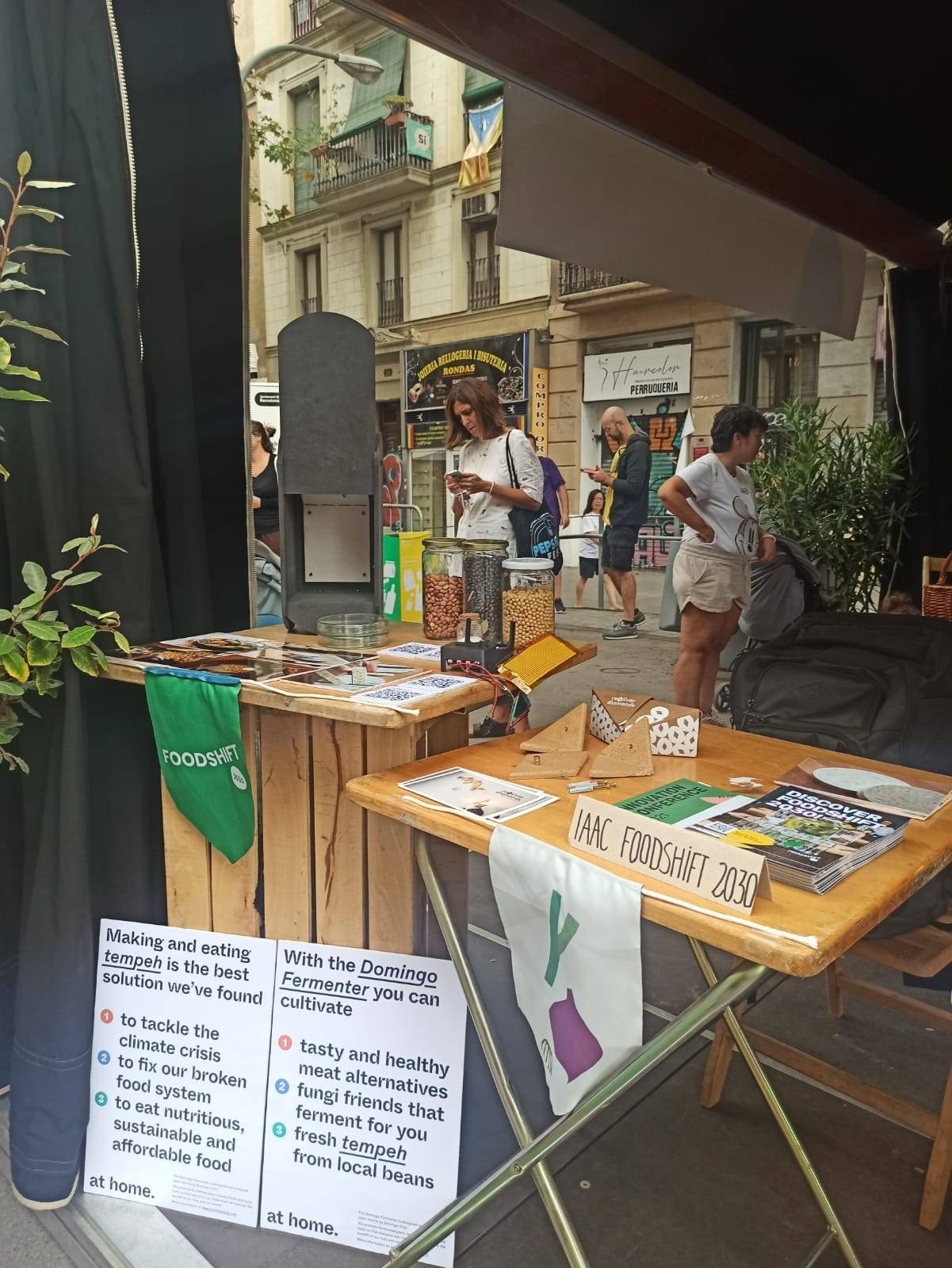
Terra i Gust
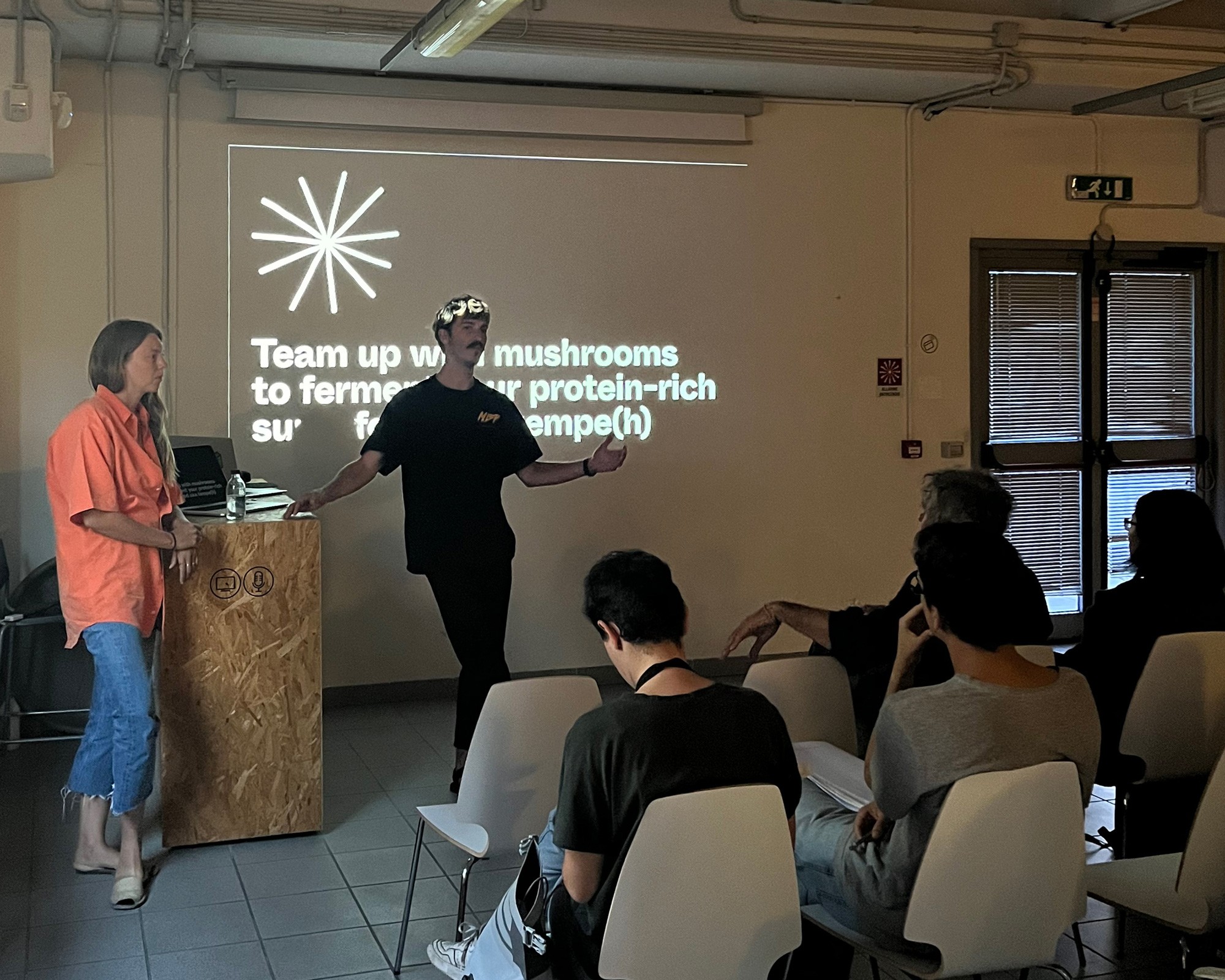
Open Food Factory
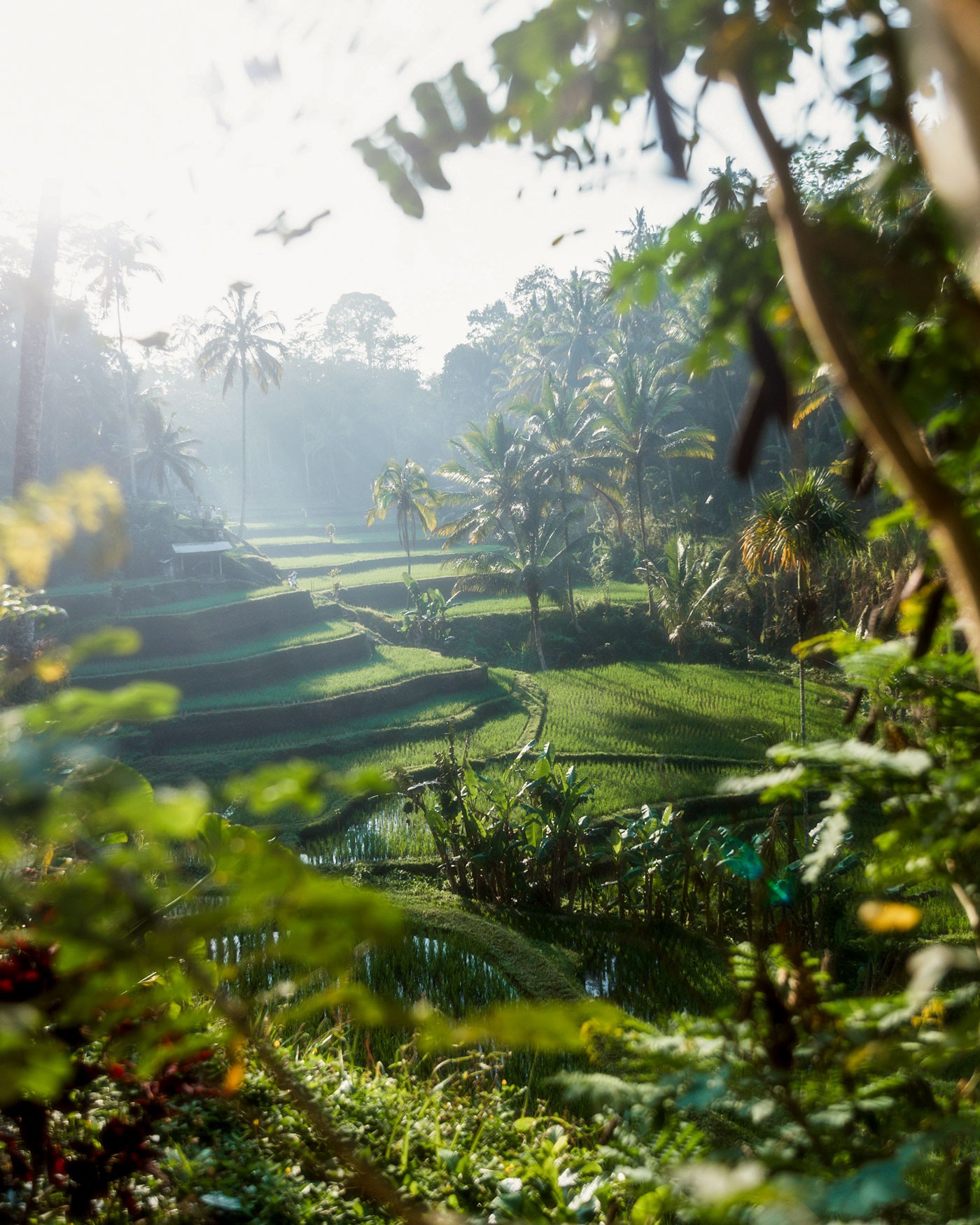
Bali Fab Fest
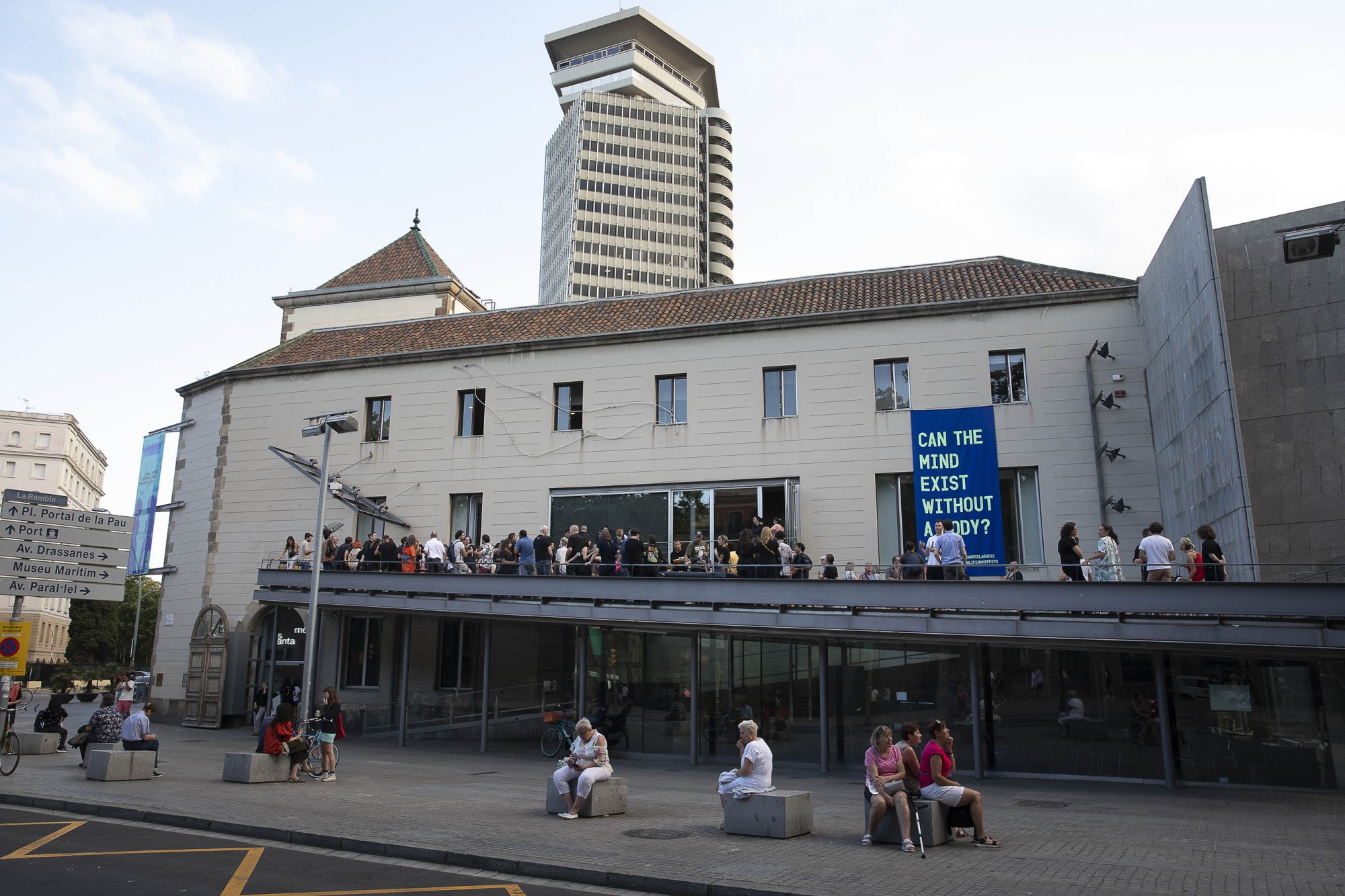
From ISEA to ARS Electronica
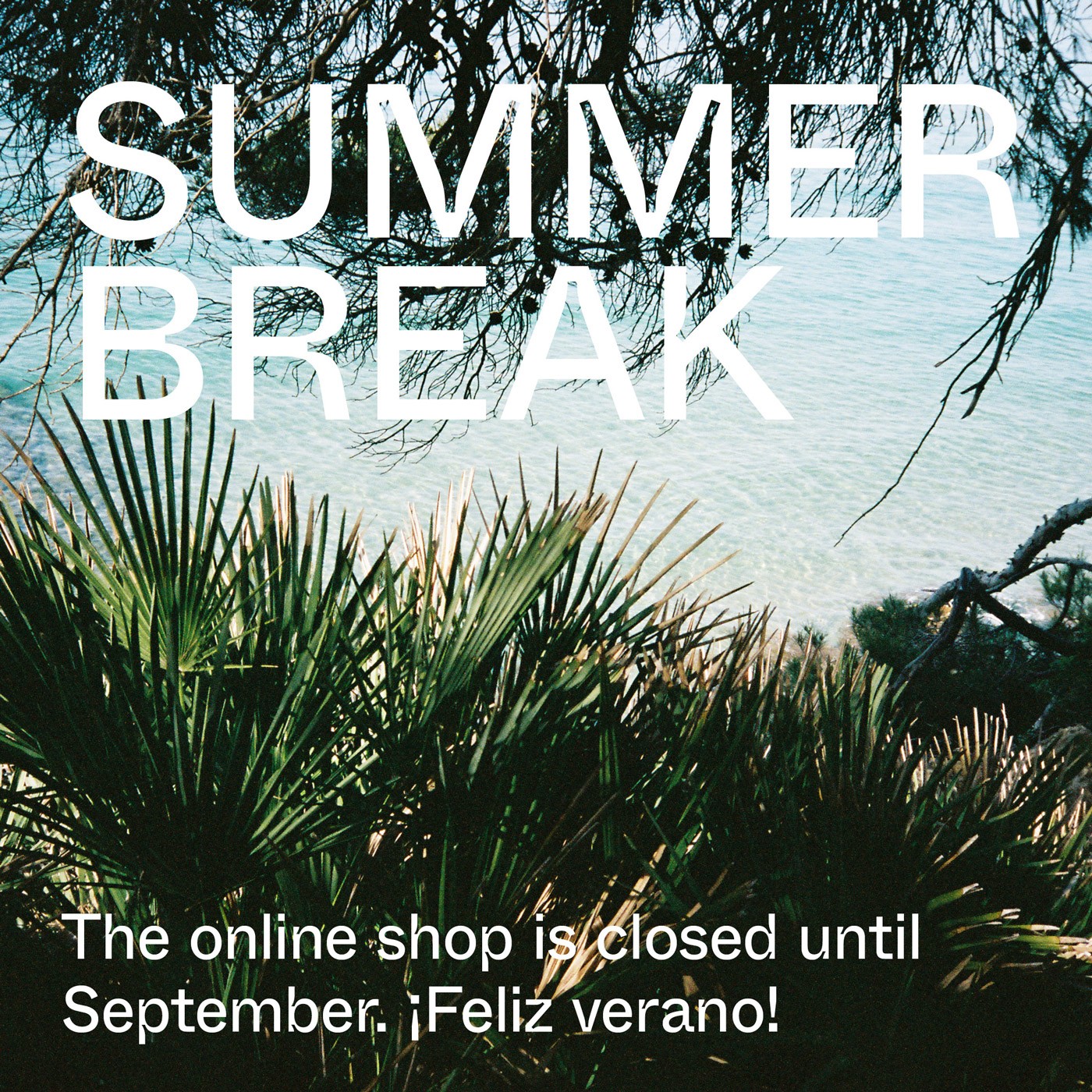
Summer Break
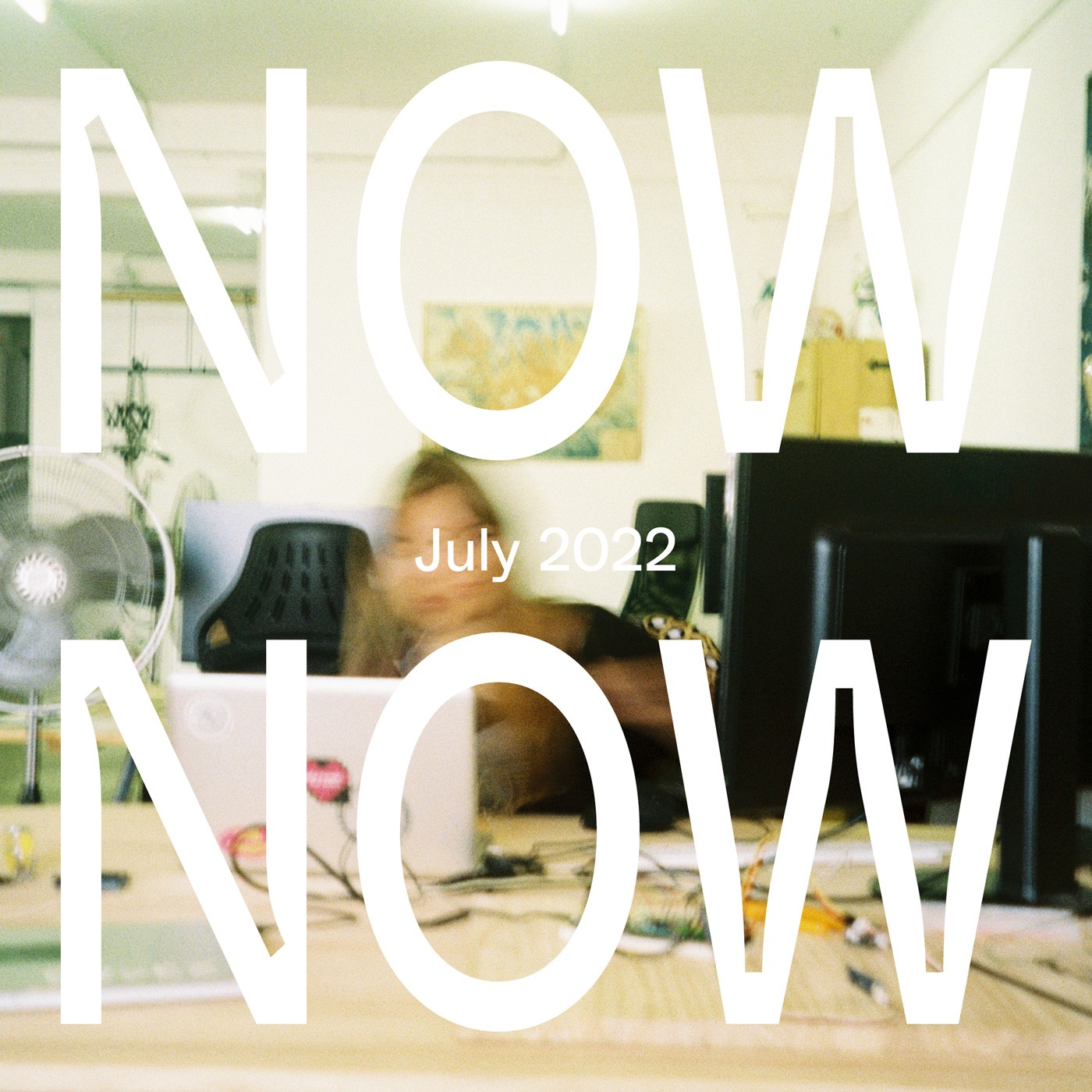
July 2022
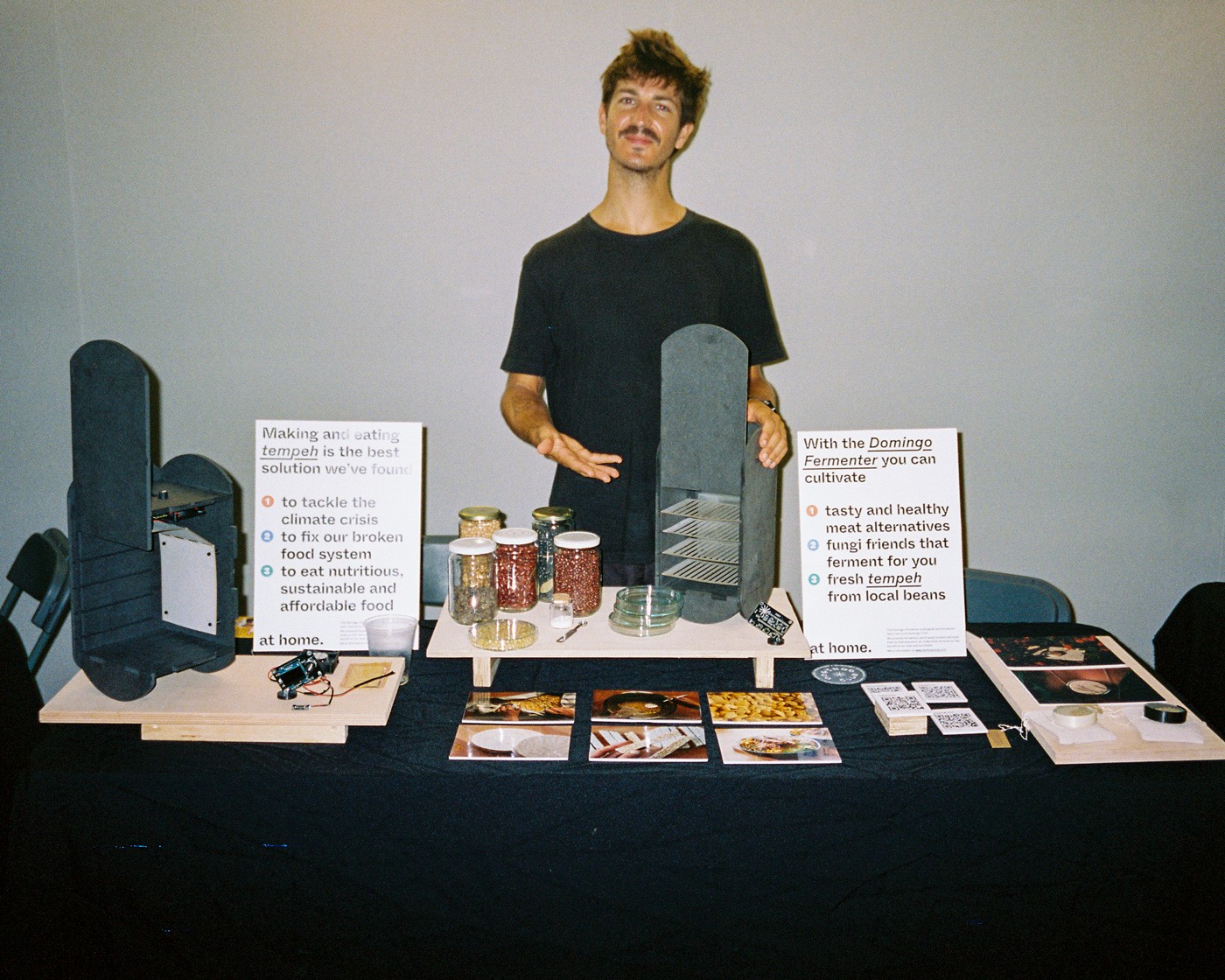
Maker Faire Barcelona 2022
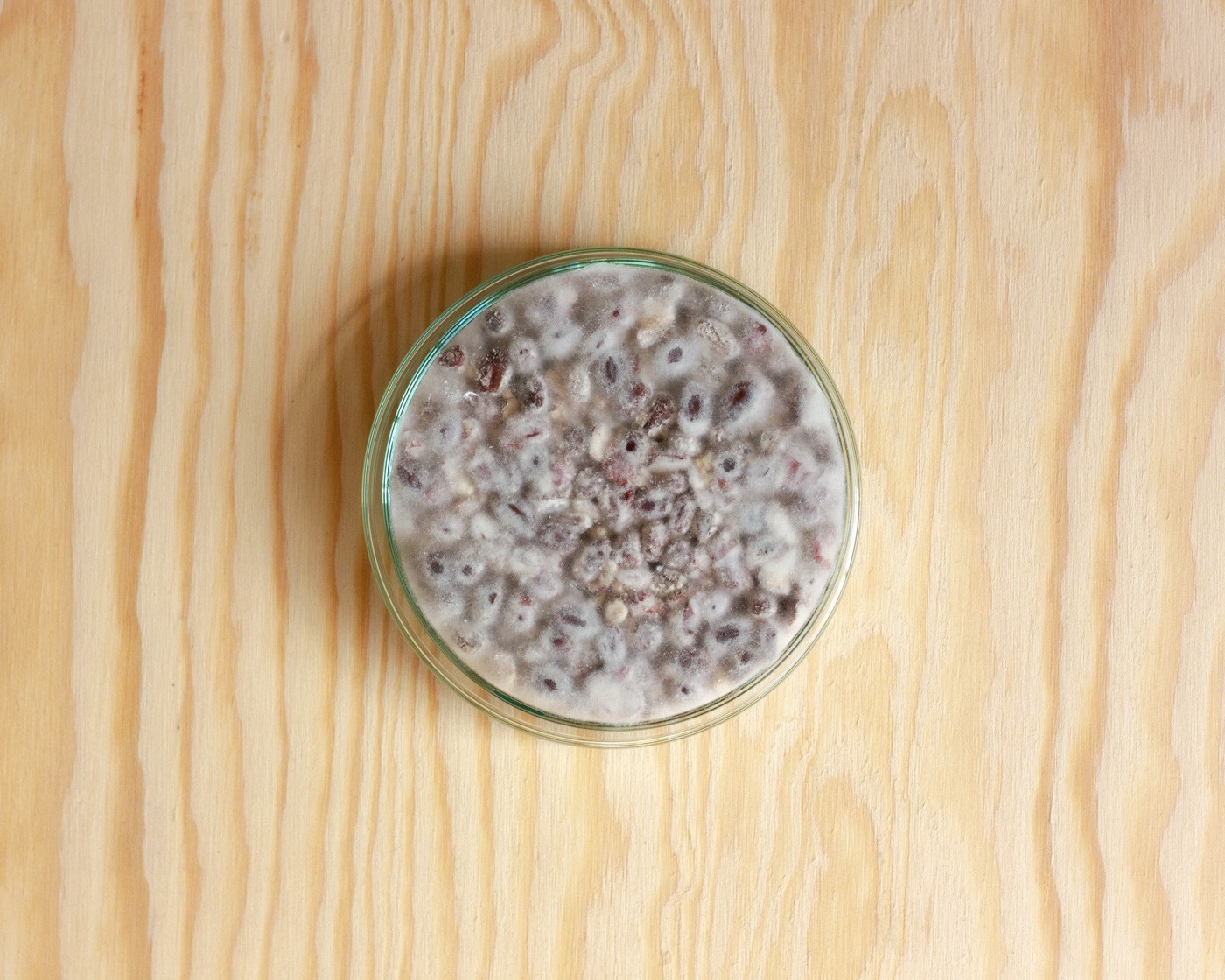
Intermediate phase
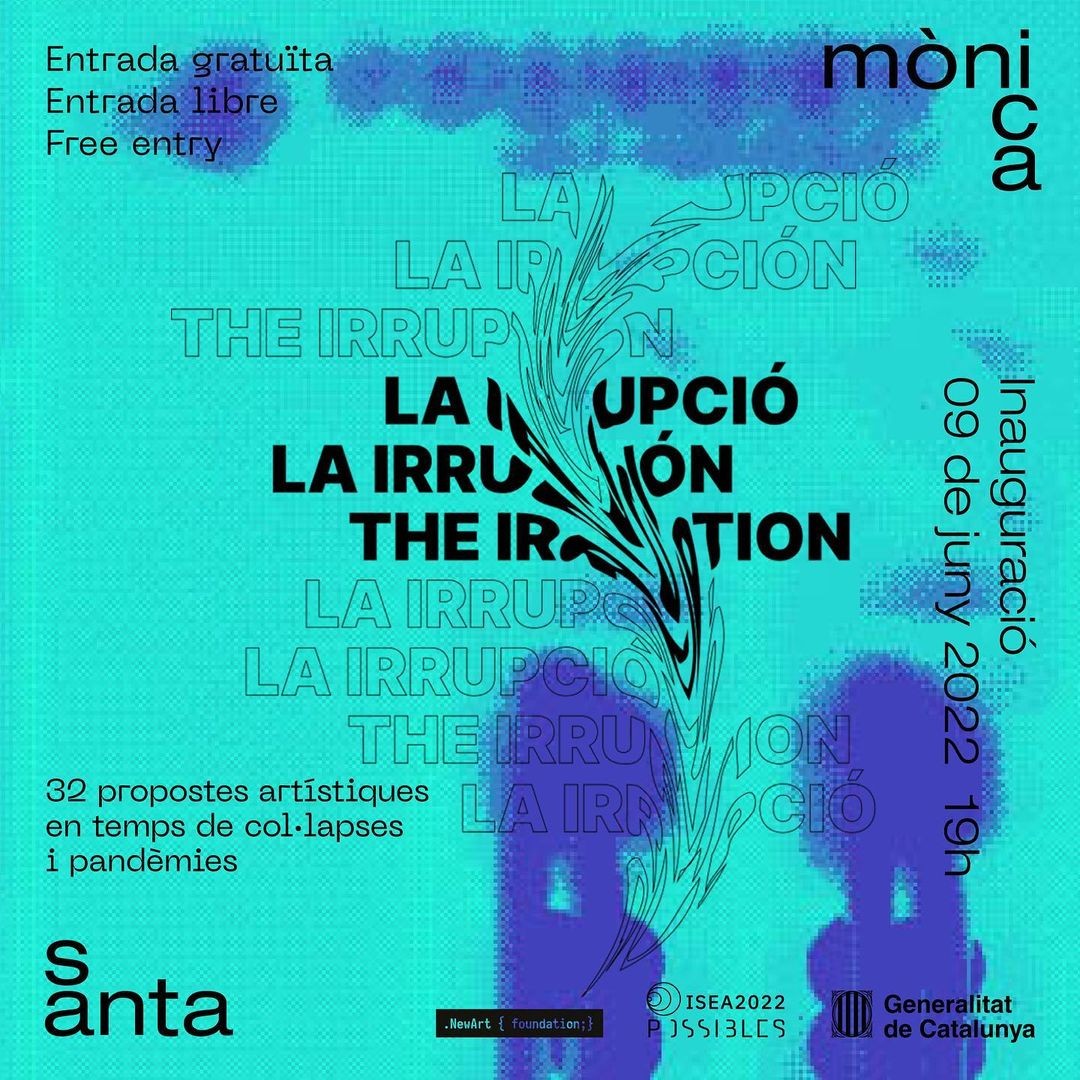
La irrupció
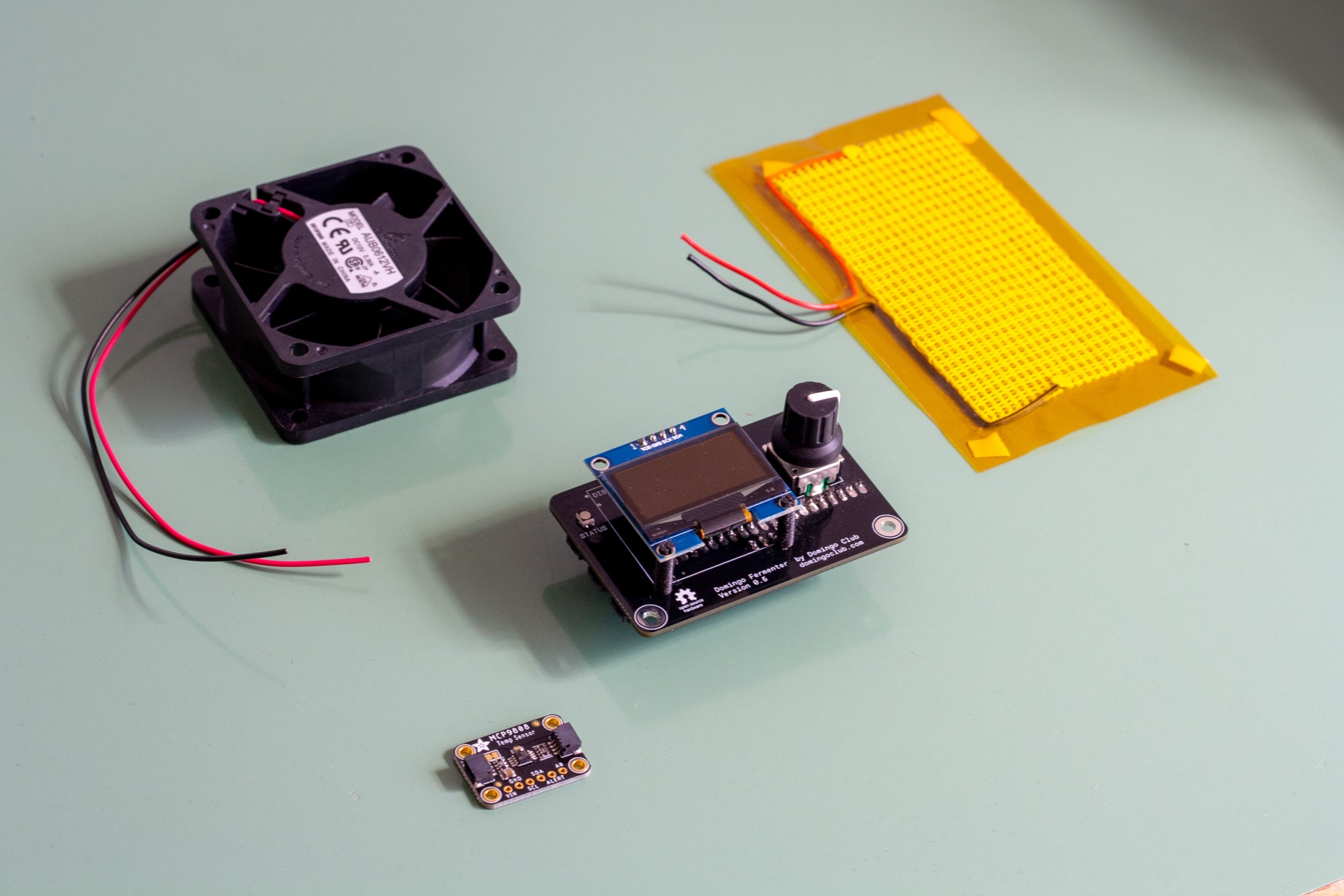
Calm Technology
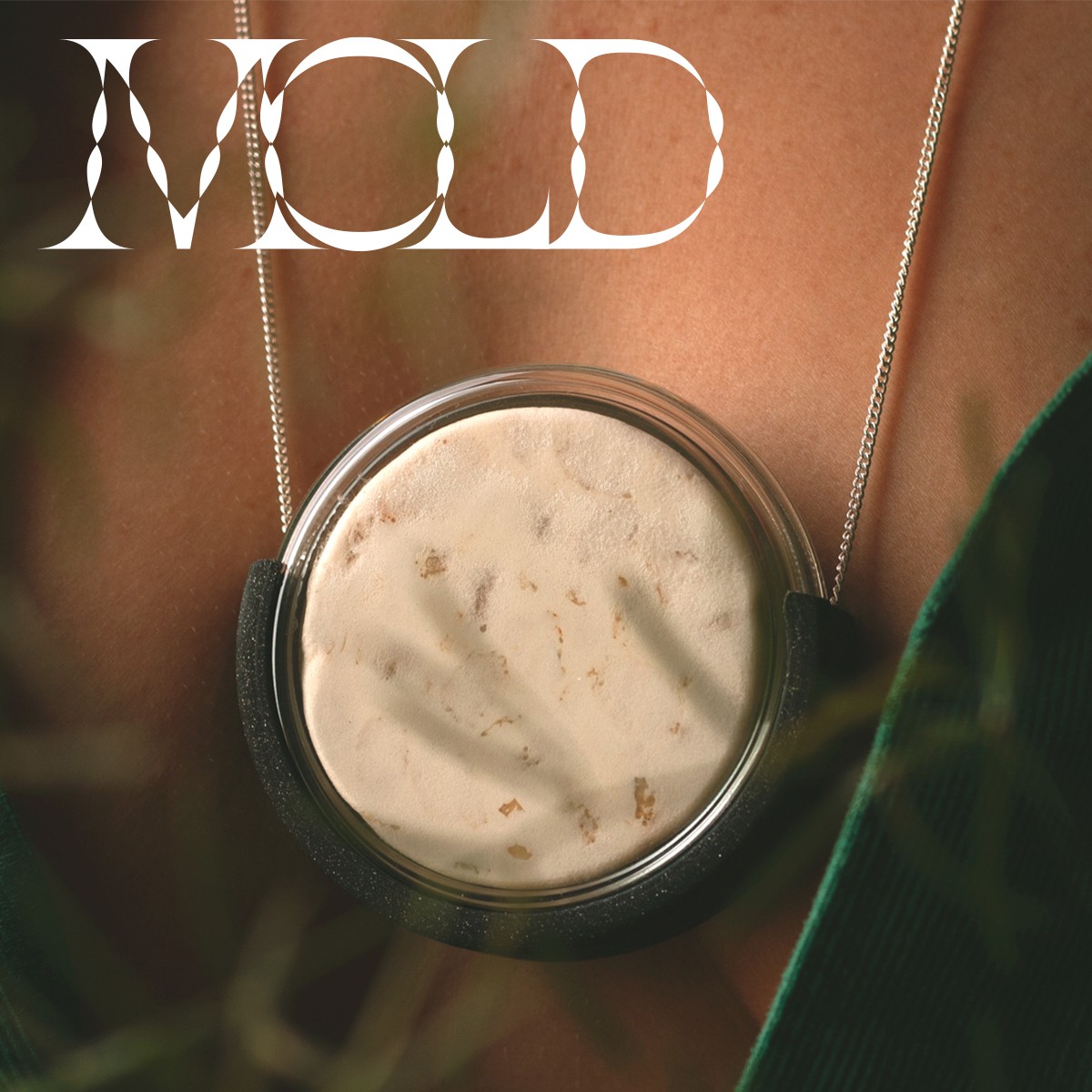
Mold Magazine
This is Distributed Design documentary
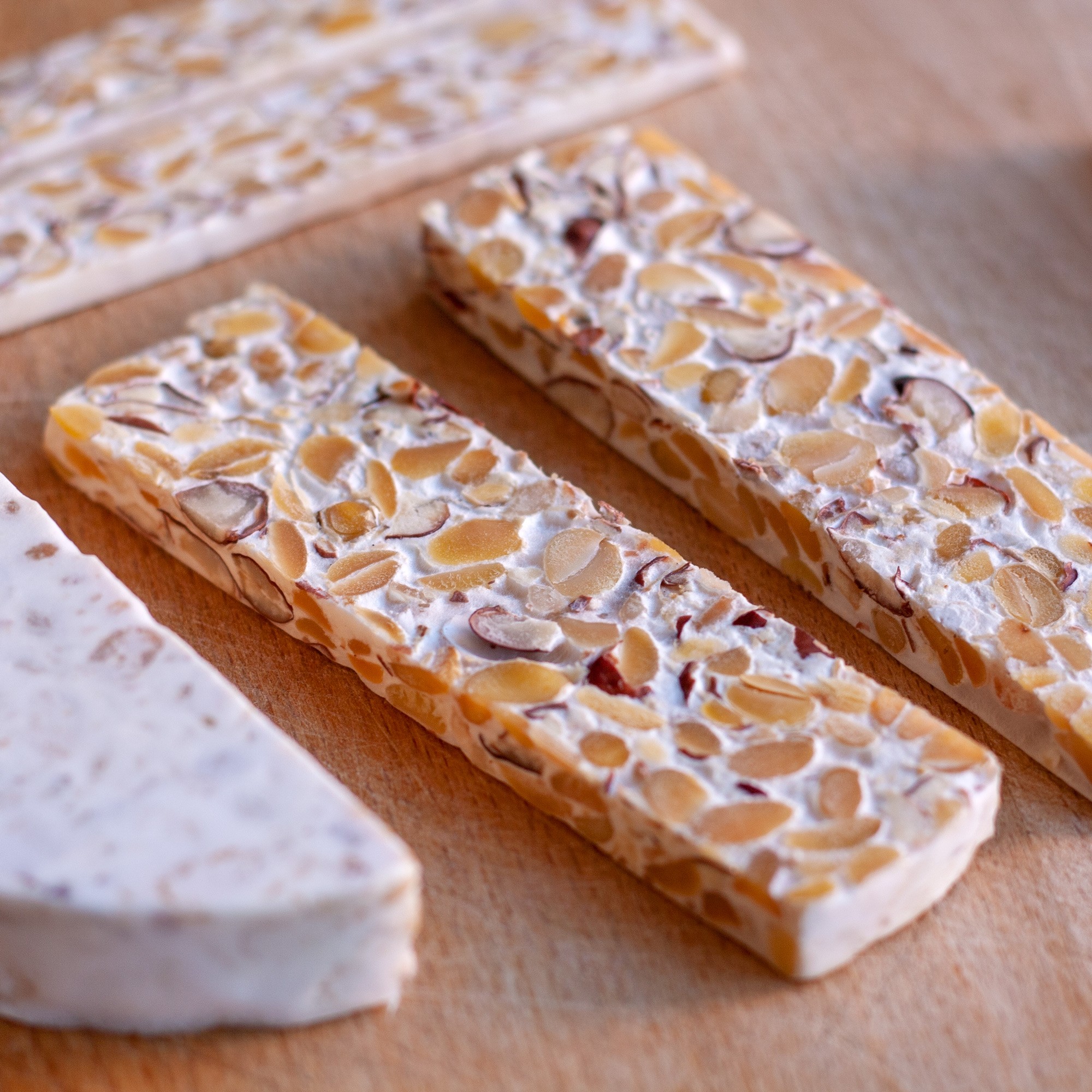
"Team up with micro-organisms and let them do their job"
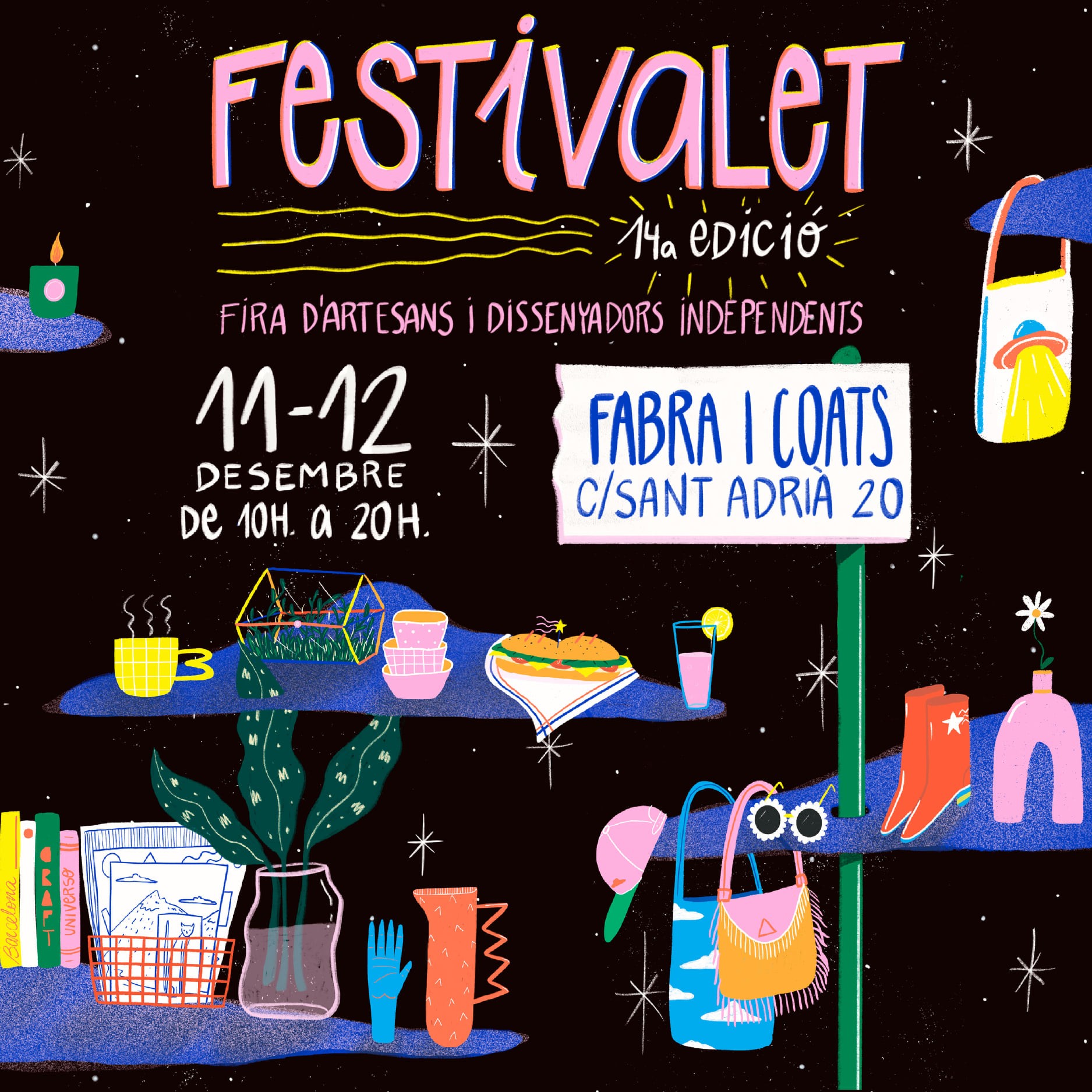
Festivalet 2021
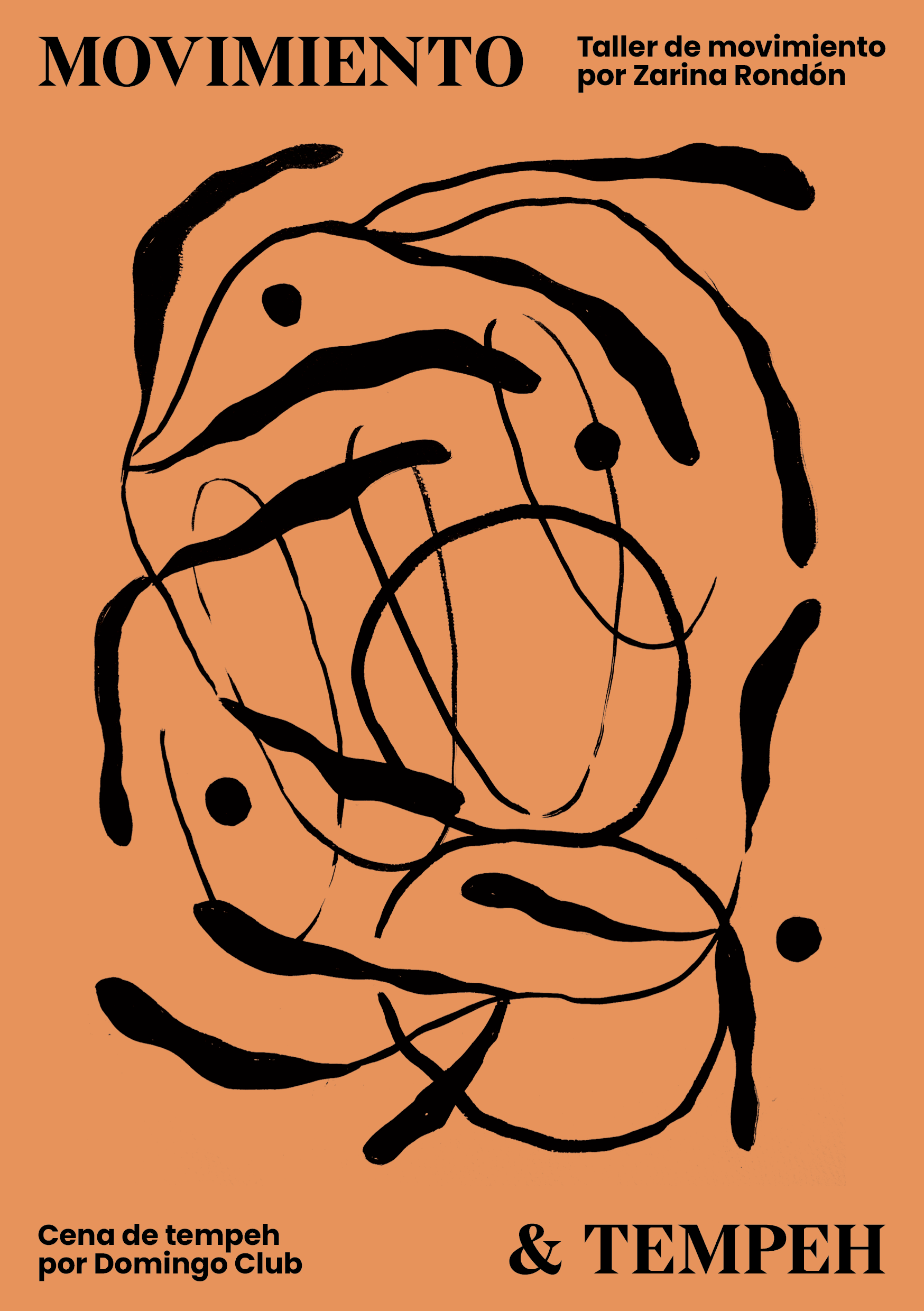
Movimiento y Tempeh #1
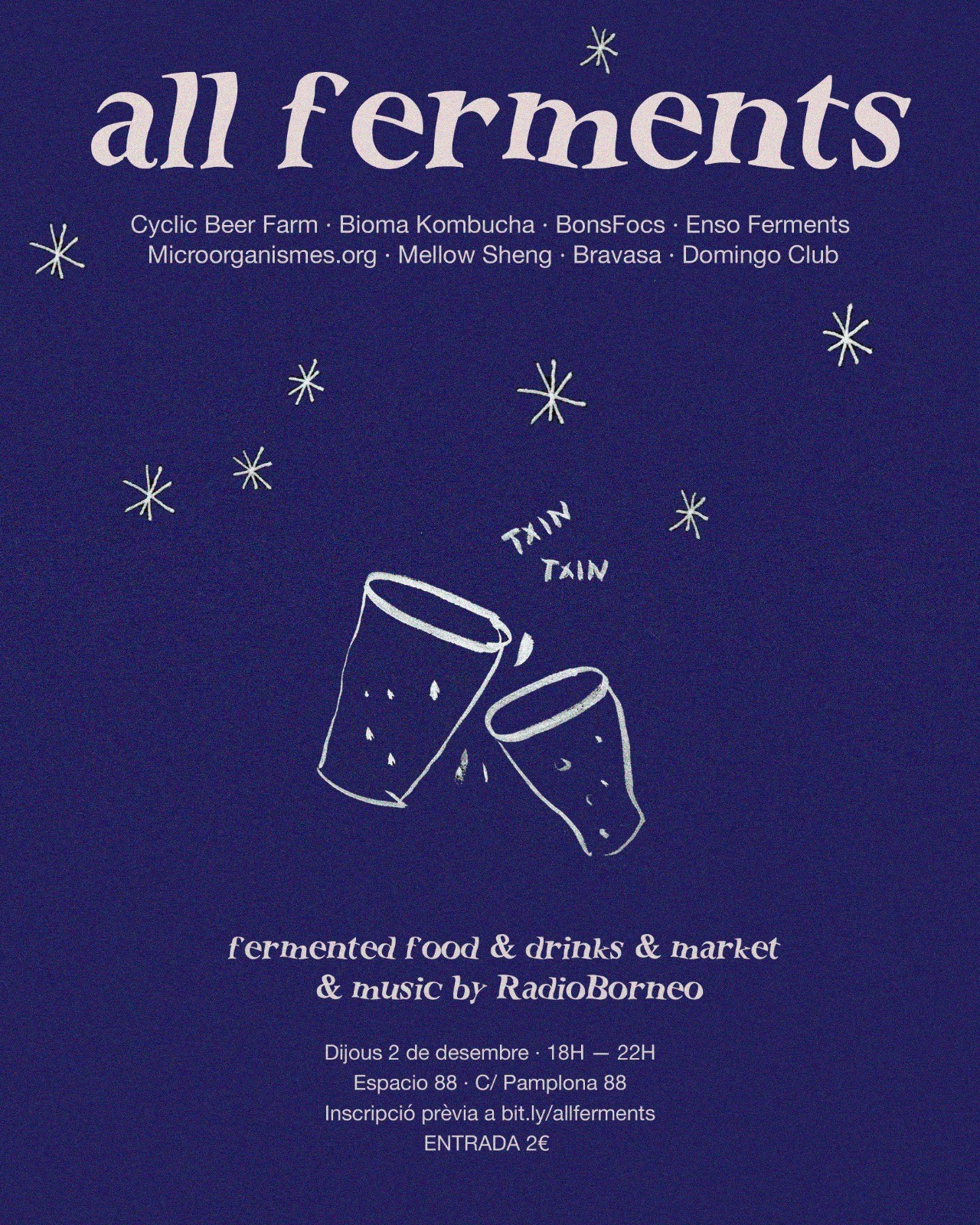
All Ferments #2
